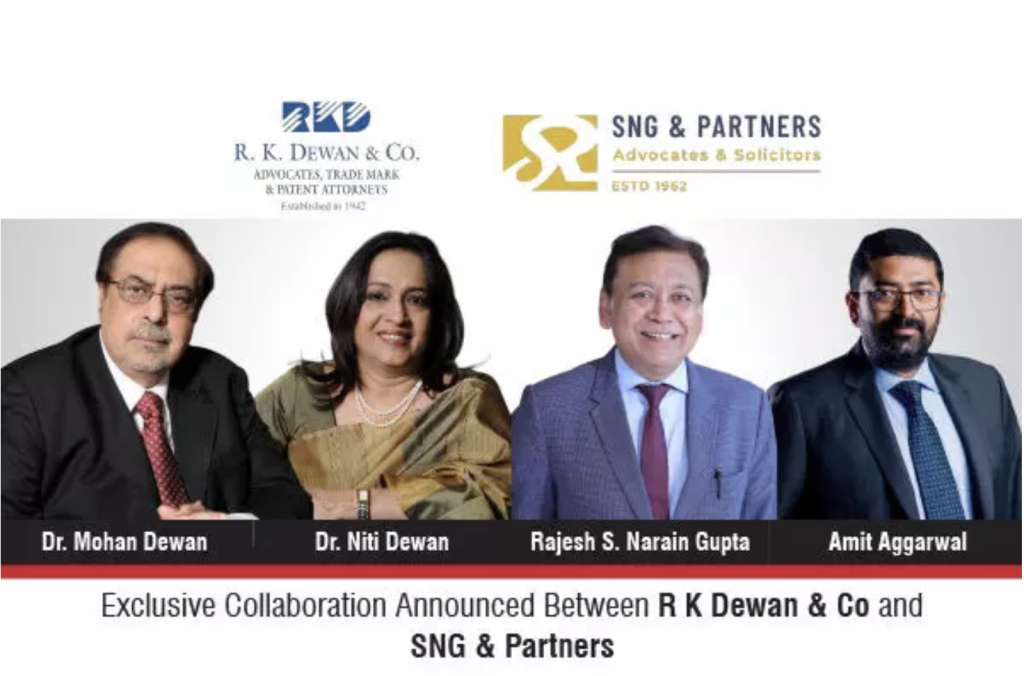Consequently, to ensure greater benefits and control for the society members, the State Cabinet resolved on March 8, 2019, to introduce concessions and incentives to encourage and popularize a self-redevelopment model where the entire project execution rests with the housing society itself, allowing them to directly benefit from the permissible additional FSI.
Faced with rapid population growth and limited land, Mumbai relies on redevelopment to upgrade its estimated 25,000+ dilapidated buildings, with most projects being developer-led. These developer-led initiatives are often plagued by issues like delays, financial burdens, lack of transparency, and project stalling, with the primary financial benefits from increased Floor SpaceIndex (FSI) largely accruing to the developer rather than the Co-operative Housing Society members, who have minimal project control. This has led to many incomplete projects and financial hardship for flat purchasers.Consequently, to ensure greater benefits and control for the society members, the State Cabinet resolved on March 8, 2019, to introduce concessions and incentives to encourage and popularize a self-redevelopment model where the entire project execution rests with the housing society itself, allowing them to directly benefit from the permissible additional FSI.
To incentivize self-redevelopment for co-operative housing societies with buildings 30 years or older, the State is introducing several key measures. A One Window Scheme will centralize and streamline the approval process, mandating that all necessary government and semi-government permissions be granted within six months to prevent delays. Financial and construction incentives include a 10% increase in Floor Space Index (FSI), relaxation of road width requirements, and providing a higher 0.4 FSI without premium for buildings on narrow roads. To reduce costs, concessions are offered on various premiums, taxes (such as land under construction tax and stamp duty),and charges. The State Co-operative Bank will act as the nodal agency for finance, offering a 4% interest rate subsidy on loans, with a mandatory completion period of three years. Project quality and progress will be monitored by vigilance and grievance redressal committees, and penalties, including blacklisting, will be imposed on incompetent or under performing contractors. Furthermore, societies that allocate 35% of their saleable flats toEconomically Weaker Section (EWS) and Lower Income Group (LIG)beneficiaries can access benefits under the Pradhanmantri Awas Yojana, including an increased FSI of 2.5 and a subsidy of Rs. 2,50,000 per eligible beneficiary.
Self Redevelopment Loan Policy
The Self Redevelopment Loan Policy (Revised), introduced by the MumbaiDistrict Central Co-operative Bank Ltd. in March 2019, aims to provide financial assistance for building reconstruction to Co-operative Housing Societies inGreater Mumbai. This initiative addresses the urgent need for redevelopment in numerous old, dilapidated co-operative housing society buildings, especially where members, often retirees, lack the personal funds for essential repairs or reconstruction, despite existing incentives like additional Floor Space Index(FSI).
Eligibility Criteria for the Loan
To qualify for the Self Redevelopment Loan, a Co-operative Housing Society(“the Society”) must meet the following key conditions:
• Registration and Location: Must be duly registered under theMaharashtra Co-operative Societies Act, 1960, and its property must be located within the Bank’s jurisdiction on private, MHADA, or government/semi-government plots, explicitly excluding “cess buildings.”
• Bank Association: Must be a member and maintain an active account with the Mumbai District Central Co-operative Bank.
• Audit and Financials: Must have achieved an audit classification ofGrade “A” or “B” for the three consecutive financial years preceding the application.
• Member Consent: Initial application requires 75% consent from original members, but 100% member consent is mandatory before the first loan disbursement.
• Compliance and Management: Must be in continuous compliance with all governmental and local authority statutes, rules, and regulations. It must have a legally constituted and duly elected managing committee and must not be under the control of an administrator.
• Documentation: Must submit a comprehensive loan application, including:
o The most recent three years’ audited financial statements.
o Project feasibility and technical reports.
o Requisite governmental approvals like the Intimation of Disapproval (IOD)and Letter of Approval (LOA) for FSI.
• Dues Payment: Must ensure timely payment of all statutory dues and member maintenance charges. The Society must strictly adhere to all other terms and conditions outlined in the Policy and any supplementary guidelines.
Processing and Financial Term
The Self Redevelopment Loan Policy outlines a two-stage loan sanction process and specifies the associated financial requirements and limits.
Loan Sanction Stages and Fees
The loan sanctioning process has two distinct stages, each requiring a non-refundable fee that is later adjusted against the total processing fee:
1. In-Principle Sanction: Requires a non-refundable fee of INR 50,000/- plus taxes.
2. Final Sanction: Requires a non-refundable fee of INR 1,00,000/- plus taxes.
Loan Amount and Project Contribution
- Maximum Loan Amount: The sanctioned loan will not exceed 95% of the total project cost (as verified by the Bank’s Project ManagementConsultant).
- Loan Ceiling: The maximum aggregate sanctioned loan amount is INR50 Crore (Rs. 50,00,00,000/-), subject to RBI and NABARD guidelines.
- Society’s Contribution: The applicant society must contribute a minimum of 5% of the total project cost.
Interest Rate and Processing Fee
- Initial Interest Rate: The fixed initial interest rate is 12.5% per annum.The Bank’s Board of Directors retains the absolute authority to revise or amend this rate based on market and regulatory conditions.
- Processing Fee: A fee equivalent to 1% of the sanctioned loan amount, plus taxes, is levied.
o Payment Schedule: The fee is payable in two equal instalments: the first upon loan sanction, and the balance recovered pro-rata from subsequent loan disbursements.
o Non-Compliance: Failure to pay the processing fee is a breach of loan conditions and may lead to the withholding of disbursements or other remedies by the Bank.
Loan Security and Disbursement
- Assessment: The Bank appoints a Project Management Consultant,Chartered Accountant, and Legal Consultant to assess the project’s technical, financial, and legal viability.
- Security: The applicant Society must execute an English Mortgage overall its assets (land and new flats) in favour of the Bank, bearing all associated costs.
- Disbursement: Loan funds are released in phased installments based on certified project progress reports, which must be verified by the Bank’s appointed experts.
Escrow Account and Fund Utilization
- Escrow: The Society must open and maintain a jointly operated escrow account with the Bank.
- Deposits: All sales proceeds and other project-related receivables must be deposited into this account.
- Utilization: Funds are strictly governed and must only be used for:
o Legal and governmental dues.
o Loan principal and interest payments.
o Furtherance of redevelopment works (subject to professional certification and Bank approval).
- Monitoring: The Bank retains the right to monitor and verify all project accounts and progress throughout the loan tenure.
Repayment, Monitoring, and Member Responsibilities
- Repayment: After the moratorium, the Society must adhere to a strict repayment schedule, with penalties for delays, including late payment fees and increased interest. The Bank can recover dues directly from Society deposit accounts
- Member Compliance: Members must keep maintenance and statutory dues up to date and cannot secure external loans against their flats without prior Bank approval.
- Society Compliance: The Society must:
o Submit regular quarterly financial statements.
o Invest its reserve funds exclusively with the Bank.
o Maintain progressive joint insurance policies for the building.
- Transfer Restriction: During the loan term, no member shall sell, transfer, mortgage, or encumber their flat or ownership without the Bank’s prior written consent.
Additional Conditions and Compliance
- Undertakings: Committee members must provide written undertakings for joint repayment responsibility.
- Compliance: Projects must comply with all statutory requirements, including Maha-RERA registration.
- Approvals: Any changes to society by laws or fund use require Bank approval.
- Vetting: Sales agreements for flats must be vetted by the Bank.
- Withdrawal Deadline: Failure to withdraw the loan within six months cancels the sanction, unless extended by the Board.
These extensive measures are intended to streamline, incentivize, and regulate self-redevelopment projects, ensuring efficiency, transparency, and quality construction while safeguarding the Bank’s interests.
Disclaimer – The views expressed in this article are the personal views of the authors and are purely informative in nature.



